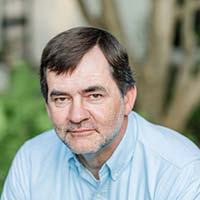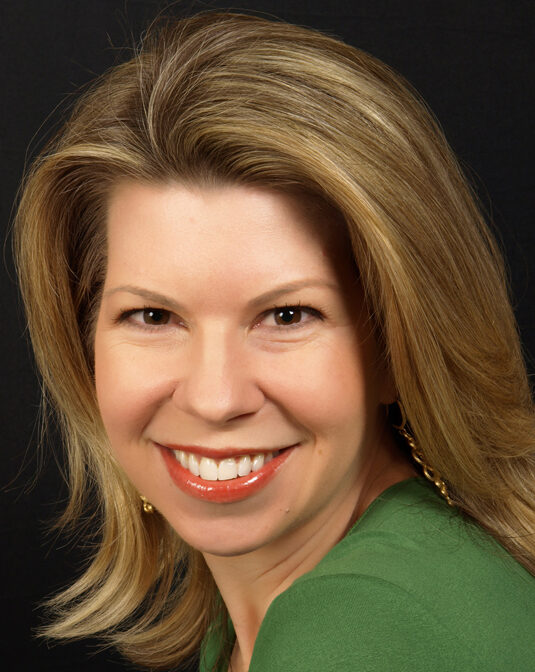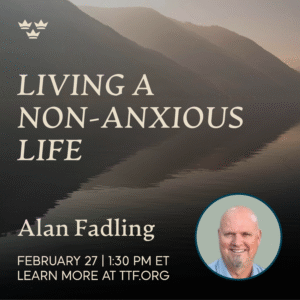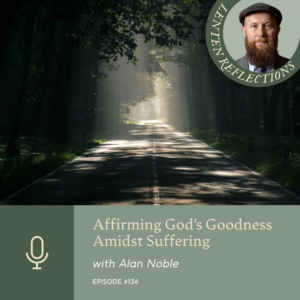Hope and Healing in Hard Times, with Curt Thompson
November 13, 2020
Overview
Speakers
-
 CURT THOMPSON
CURT THOMPSON -
 CHERIE HARDER
CHERIE HARDER
SHARE

